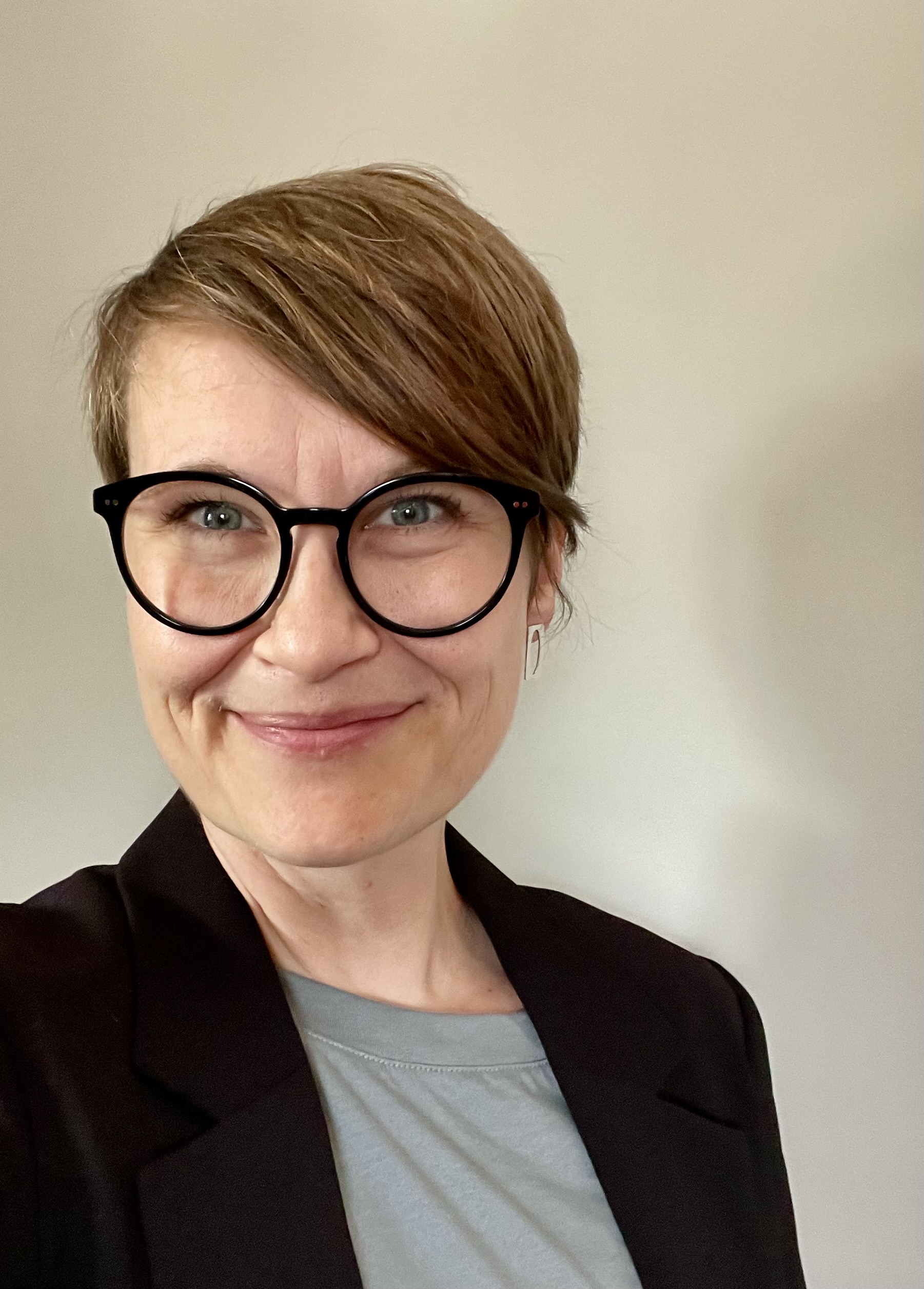Flash Presentation
Diversity, Disparity, and Inclusion
Session: Diverse Identities
Re-Claiming Autonomy: Identity, Narrative and Chronic Illness
Thursday, September 19, 2024
4:30 PM – 5:30 PM CT
Location: Regency Ballroom B (First Floor)
Keywords: autonomy, chronic illness
Abstract: A narrative approach has been used by many who “seek to extend the boundaries of bioethical understanding to include socioeconomic conditions, everyday practices and the impacts on cultural trends in medical knowledge, practice, and uncertainty (Kaufman, 2001, p.14). The real potential for narrative to impact patient autonomy, however, can be found in its application to the clinical setting and the processes of diagnosis, treatment, and adaptation that all persons who confront life-changing illness must undergo. Narrative, and more specifically agency over the development of an illness narrative both within and outside the boundaries of the physician’s office, is one way to recapture and empower a different kind of patient autonomy. Enhanced understanding of the role of illness narratives and the practice of “narrative humility, a stance that assumes patients present stories with which the physician must engage instead of simply recognize” (Lederman, 2016, p. 279) could alter the typical trajectory of patient-provider interactions. A successful illness narrative supports the kind of patient autonomy that underscores and values their singular contribution to a collaborative effort with their medical providers. This not only contributes to the patient-clinician dialogue at every level, but also promotes the patient’s agency and cohesive then-to-now narrative of their experience.
Learning Objectives:
After participating in this conference, attendees should be able to:
- understand the impact of narrative on patient client interaction by identifying 2 possible uses of narrative in a clinical setting.
- understand how illness narratives influence patient autonomy.
- apply 2 collaborative illness narrative techniques to client patient enounters.
Asa Russell, PLMHP – private practice

Marion Russell, OTR
Assistant Professor
Creighton University
Omaha, Nebraska
